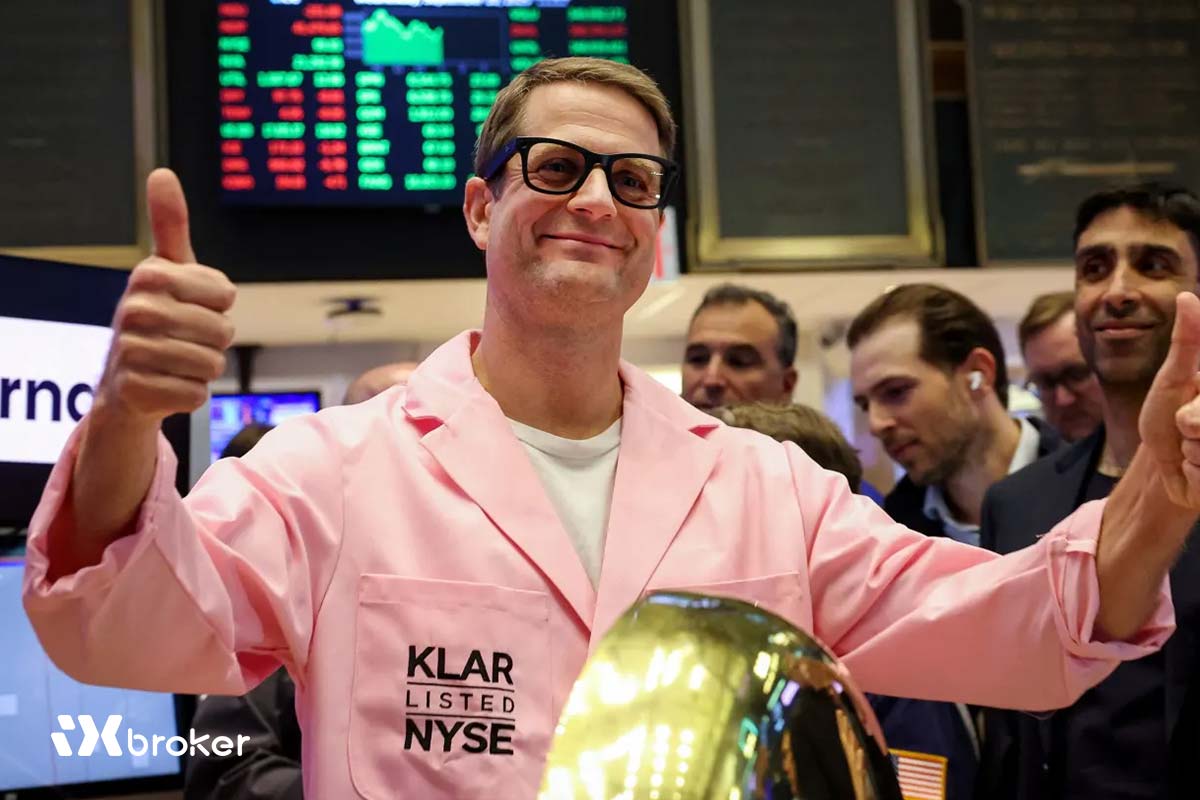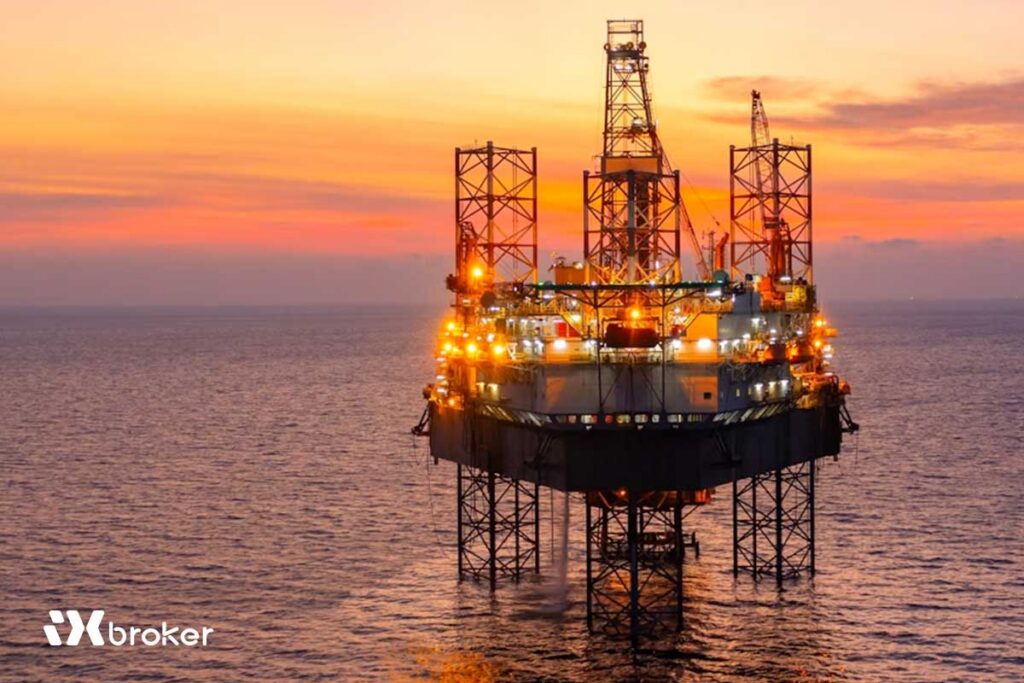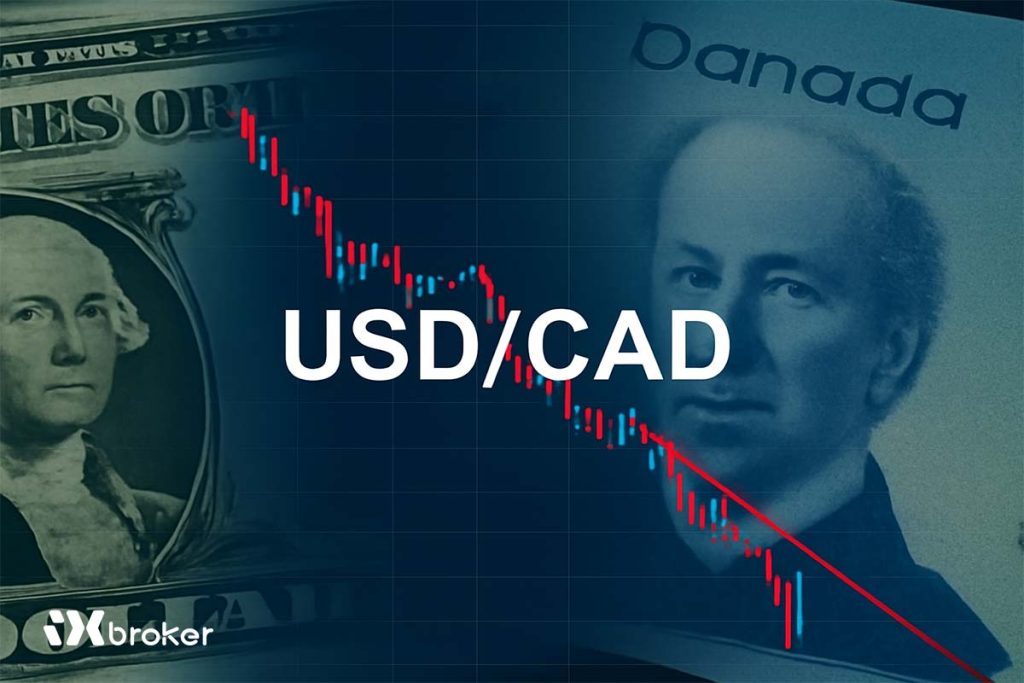Europe’s tech sector saw a surge of optimism this week with three major milestones: Klarna’s high-profile New York IPO, ASML’s investment in French AI startup Mistral, and ElevenLabs’ secondary sale doubling its valuation.
Swedish fintech firm Klarna, once Europe’s most valuable startup before its 2022 crash, returned to market on Thursday with shares closing at $45.82, giving it a valuation above $17 billion. A day earlier, Dutch chipmaking giant ASML confirmed it was leading Mistral’s €1.7 billion Series C at a valuation of €11.7 billion ($13.7 billion), more than double last year’s figure. And on Tuesday, London-based AI voice startup ElevenLabs announced a secondary share sale at a $6.6 billion valuation.
Momentum builds after setbacks
For much of the past decade, Europe has struggled to deliver the same level of tech breakthroughs as the U.S. and Asia. Repeated crises — from the 2008 crash to the 2022 inflation shock after Russia’s invasion of Ukraine — hit capital-intensive startups hard. Klarna itself saw its valuation collapse 85% in 2022.
Now, investors see a new wave forming, powered by generative AI and a more mature ecosystem. “Right now, the confluence of a huge new technological opportunity … and access to capital is yielding a huge number of sector-defining companies,” said Suranga Chandratillake, partner at Balderton Capital.
Europe vs. U.S.
Venture capitalists say European tech remains attractively priced. Atomico’s “State of European Tech” report valued the ecosystem at $3 trillion last year, with a forecast of $8 trillion by 2034 — still dwarfed by U.S. megacaps worth over $20 trillion combined.
“Ten years ago, there wasn’t a single European startup valued at over $50 billion; today, there are several,” said Jan Hammer of Index Ventures.
Some investors also frame Europe as a safe-haven market amid trade tensions and U.S. capital constraints. “Macroeconomic dislocation always favors early-stage entrepreneurial disruption,” said Amy Nauikoas of Anthemis.
Challenges ahead
Despite the renewed momentum, structural barriers remain. Europe’s fragmented regulatory environment complicates scaling, and pension fund allocations to venture capital lag behind U.S. levels.
Initiatives like “EU Inc.” — which proposes a pan-European legal framework to streamline cross-border rules — aim to address these issues.
“Europe is in a bad headspace at the moment for quite obvious reasons, but … founders are galvanized by the need for Europe to be more self-standing,” said Bede Moore of Antler.



